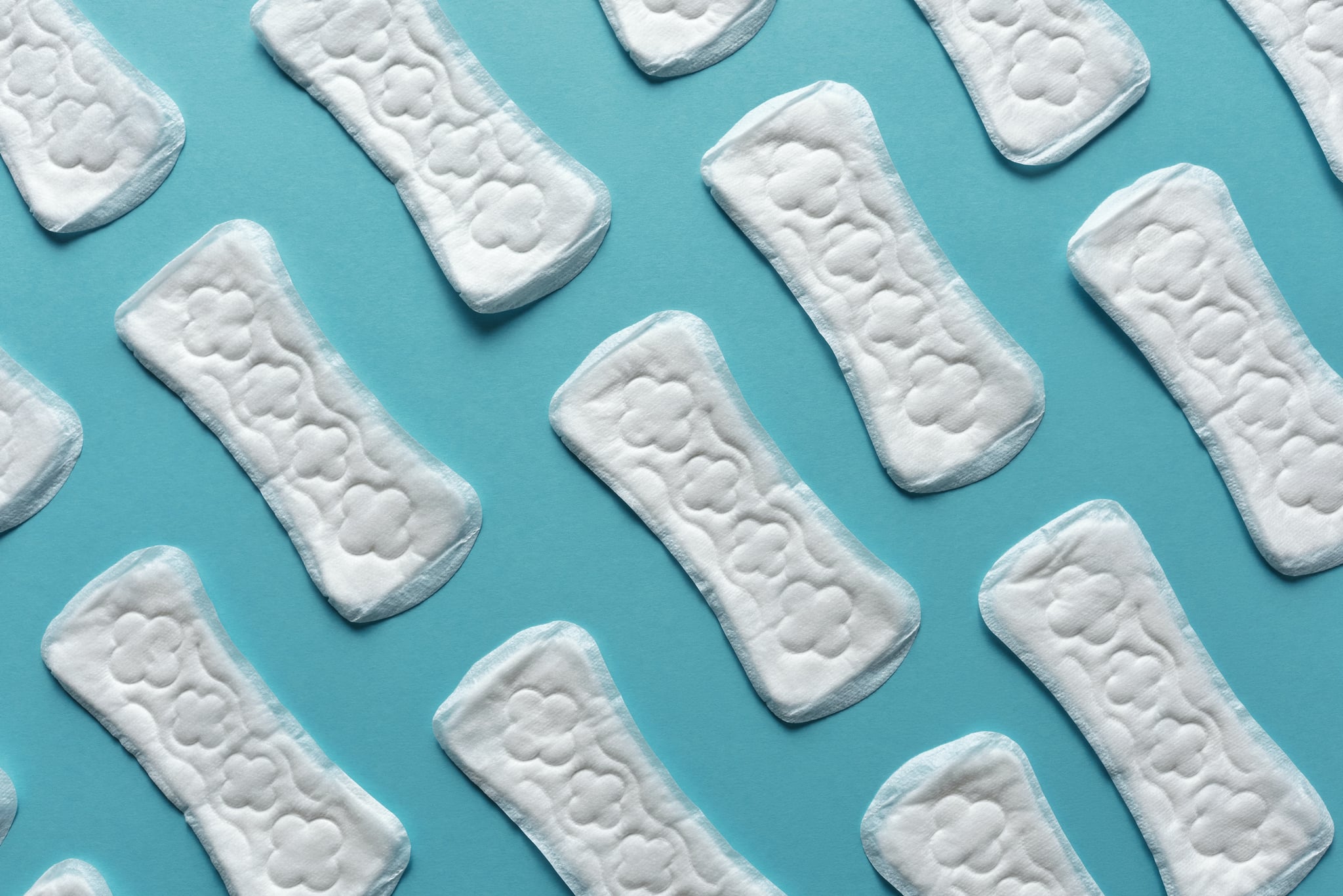
A lighter, shorter period [1] isn't something many people would complain about, but if the menstrual phase of your menstrual cycle didn't always hold those characteristics, it's understandable if you're worried or wondering what's up.
First, periods don't necessarily have fixed traits. As we age and change, the menstrual cycle typically does, too. According to Dorette Noorhasan [2], MD, a board-certified reproductive endocrinologist and infertility specialist and the medical director and cofounder of CCRM Fertility Dallas Fort Worth [3], as those who menstruate age, the days in between menstrual cycles actually shorten.
She further explained that the follicular phase of the menstrual cycle [4] shortens and the luteal phase tends to stay the same. For example, someone with a 28-day cycle may then start to experience 25- to 23-day cycles.
That's not the last change that occurs, though. As we continue to age and approach menopause, Dr. Noorhasan said, the days in between periods can lengthen. According to the Mayo Clinic, those approaching menopause, or those in the perimenopause phase, may skip periods entirely [6].
As we mentioned before, your period may also become shorter as you age and your flow may become lighter, too. The reason for this? According to Dr. Noorhasan, it's believed to be associated with lower estrogen levels.
"The endometrium (uterine lining) responds to estrogen," Dr. Noorhasan said. "The higher the estrogen levels and the thicker the endometrium, the more bleeding is experienced once that lining sheds."
This explains why you might have had a longer, heavier period in your late teens or early 20s — higher estrogen levels were influencing the thickness of the endometrium.
So when do these age-related menstrual-cycle changes take place? Dr. Noorhasan said they are generally seen around the age of 32 and again at 35, an age that's also referred to as advanced reproductive age (ARA). "This is the age that we tend to see fewer chances of conceiving and higher risks of miscarriages," Dr. Noorhasan said.
However, it's important to remember that everyone's menstrual cycle is unique and influenced by different factors, so that rate of change isn't set in stone.
Sometimes, shorter periods aren't related to age at all. Dr. Noorhasan said things like stress, certain medications, weight, and exercise can all make an impact.
Changes in your period can also be a sign of certain health issues, so it's important to visit your ob-gyn if you're experiencing differences in your menstrual cycle.
